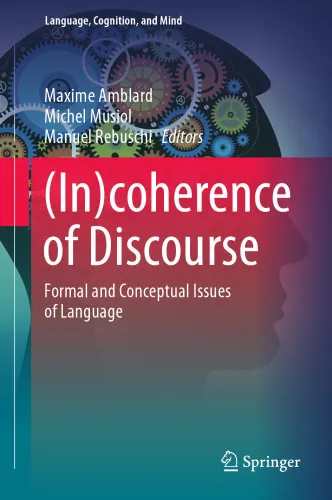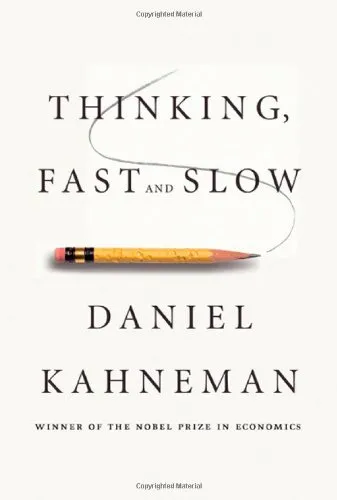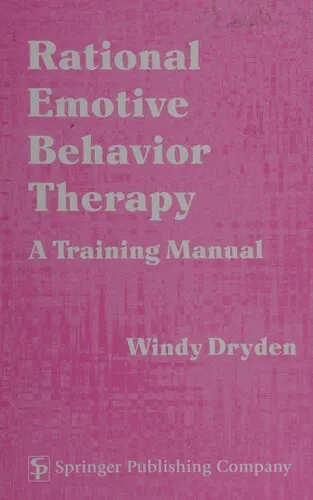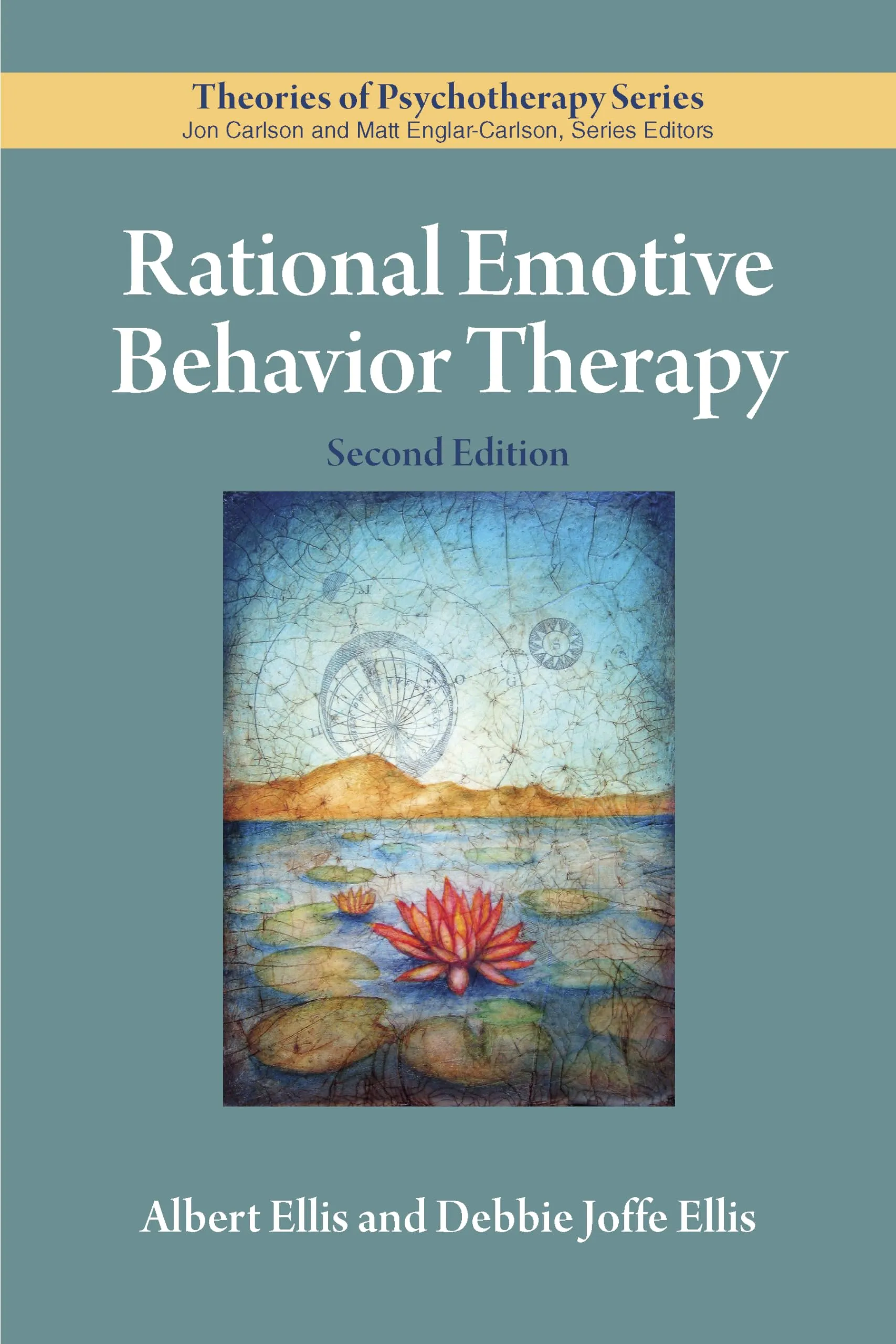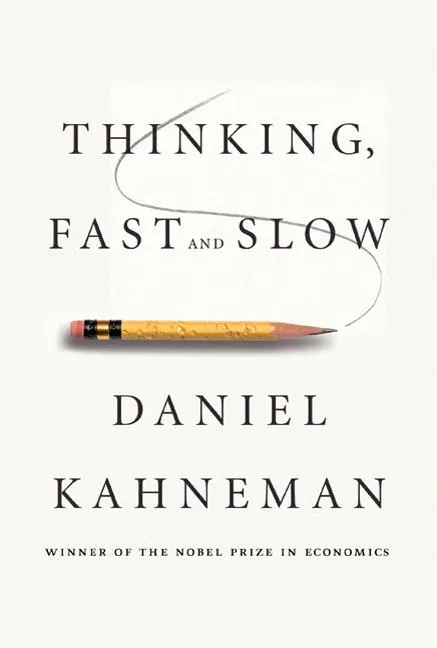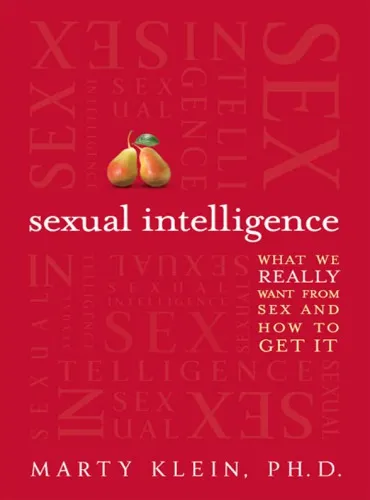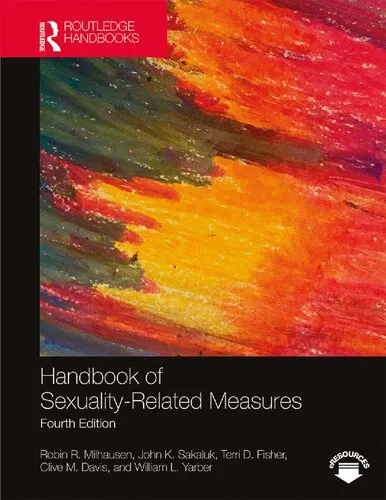Language, Cognition, and Mind, 10
4.9
بر اساس نظر کاربران

شما میتونید سوالاتتون در باره کتاب رو از هوش مصنوعیش بعد از ورود بپرسید
هر دانلود یا پرسش از هوش مصنوعی 2 امتیاز لازم دارد، برای بدست آوردن امتیاز رایگان، به صفحه ی راهنمای امتیازات سر بزنید و یک سری کار ارزشمند انجام بدینکتاب های مرتبط:
خلاصه تحلیلی کتاب
کتاب Language, Cognition, and Mind, 10 به عنوان دهمین جلد از مجموعهای علمی، به بررسی رابطه پیچیده میان زبان، فرآیندهای شناختی و ساختارهای ذهنی میپردازد. این اثر با گردآوری مقالات و پژوهشهای بینرشتهای، مرزهای متعارف مطالعه زبان را گسترش داده است.
این کتاب شامل دیدگاههای روزآمد در حوزه زبانشناسی شناختی، روانشناسی زبان و فلسفه ذهن است و به مخاطب امکان میدهد تا از منظرهای مختلف به ارتباط زبان و ذهن نگاه کند. هدف، ایجاد چارچوبی نظری و عملی برای فهم بهتر این پیوندها است.
از آنجا که اطلاعات مربوط به سال انتشار یا جوایز آن در منابع معتبر موجود نیست، عنوان «اطلاعات نامشخص» برای این بخش ثبت شده است. آنچه مسلم است، کتاب جایگاهی ویژه در حیطه مطالعات زبان و شناخت دارد.
نکات کلیدی و کاربردی
یکی از نکات برجسته کتاب، پرداختن به مفهوم meaning construction در تعاملات گفتاری و نوشتاری است. این بخش به صورت تحلیلی نشان میدهد که چگونه ساختارهای ذهنی بر انتخاب و پردازش زبان تاثیر میگذارند.
کتاب همچنین به روشهای empirical research در مطالعه زبان و شناخت اشاره میکند و از دادههای تجربی برای آزمون فرضیات نظری بهره میگیرد. این رویکرد برای پژوهشگرانی که به دنبال شواهد علمی هستند، بسیار ارزشمند است.
بخش دیگری از کتاب به نظریههای semantic networks میپردازد که به توضیح نحوه سازماندهی معنایی در ذهن کمک میکنند. این ارتباط مستقیم میان فلسفه ذهن و زبانشناسی شناختی، یکی از نقاط قوت اثر است.
نقلقولهای ماندگار
در میان سطور کتاب، بخشهایی وجود دارد که خواننده را به تأمل عمیق دعوت میکند و میتواند بهعنوان الهام در نوشتار یا پژوهشهای بعدی استفاده شود.
این نقلقولها، حاصل تجربه و دانش نویسندگان و گردآورندگان کتاب هستند که با نگاهی بینرشتهای، پیوند میان زبان و ذهن را برجسته کردهاند.
زبان نه تنها ابزار انتقال معناست، بلکه ساختاری است که ذهن را شکل میدهد و از آن شکل میگیرد. نامشخص
فهم شناخت، نیازمند فهم زبان است؛ و فهم زبان، بدون شناخت، ناقص میماند. نامشخص
چرا این کتاب اهمیت دارد
کتاب Language, Cognition, and Mind, 10 مرزهای علمی میان حوزههای مختلف را از میان برداشته و امکان گفتوگو میان زبانشناسی، روانشناسی و فلسفه ذهن فراهم کرده است. این امر برای توسعه رویکردهای نوین در مطالعه زبان و ذهن ضروری است.
اهمیت دیگر کتاب در رویکرد روششناختی دقیق آن است که به بررسی دادهها از منظرهای چندگانه میپردازد. این ویژگی سبب شده است که اثر نه تنها برای دانشجویان و پژوهشگران، بلکه برای هر فرد علاقهمند به فهم عمیق زبان و شناخت جذاب باشد.
در عصری که مطالعات شناختی روزبهروز پیچیدهتر میشوند، این کتاب بهعنوان منبعی معتبر میتواند راهنمای مسیر تحقیقات آتی باشد.
نتیجهگیری الهامبخش
در نهایت، Language, Cognition, and Mind, 10 اثری است که با دقت علمی و دیدگاه میانرشتهای، افقهای تازهای را در فهم رابطه زبان، شناخت و ذهن پیش روی مخاطب قرار میدهد.
اگر به دنبال کشف لایههای پنهان ارتباط زبان و ذهن هستید یا میخواهید دیدگاه خود را در حوزه زبانشناسی شناختی گسترش دهید، مطالعه این کتاب را به شما پیشنهاد میکنیم. آن را بخوانید، دربارهاش بحث کنید و دیدگاههای خود را با دیگران به اشتراک بگذارید.
Analytical Summary
Language, Cognition, and Mind, 10 is part of an interdisciplinary series that brings together research at the intersection of linguistics, philosophy, and cognitive science. Edited by Maxime Amblard, Michel Musiol, and Manuel Rebuschi, this volume engages with how language both shapes and reflects our cognitive capacities, and how philosophical analysis can illuminate the underlying mechanisms of thought and meaning.
Drawing from empirical studies and theoretical models, the book examines how linguistic structures influence mental representation, inferential processes, and conceptual development. It addresses topics such as the semantics-pragmatics interface, the role of context in meaning construction, and the cognitive architectures that support communicative interaction.
In addition to linguistic theory, Language, Cognition, and Mind, 10 situates its analyses within contemporary debates in the philosophy of mind, connecting abstract conceptual work to human behavior, perception, and socio-cultural practices. Contributions span multiple methodologies, ensuring that readers see the convergence of experimental findings, formal logic, and philosophical argumentation.
While the full list of contributors and publication details are discussed within the book itself, some specifics such as publication year and awards are currently tagged as “Information unavailable” due to no reliable public source being identified. Nevertheless, the thematic coherence and editorial rigor of the volume are evident in the way it synthesizes diverse perspectives.
Key Takeaways
This book offers a rich framework for understanding how language functions as both a cognitive tool and a subject of philosophical inquiry.
Readers gain insights into how linguistic patterns interface with mental processes, where meaning is not fixed but dynamically negotiated.
By bridging cognitive linguistics and philosophy of mind, the editors foster interdisciplinary dialogue that informs research design, analysis, and interpretation.
The volume emphasizes the interplay between formal models of language and the human capacity for adaptive, context-driven thought.
Scholars and professionals will find it valuable for connecting empirical findings with conceptual theory, enriching both academic and applied work.
Memorable Quotes
“Language is not merely a mirror of thought, but a scaffold for constructing it.” Unknown
“Philosophy of mind intersects with linguistics where meaning meets understanding.” Unknown
“To study cognition without language is to ignore the most human of tools.” Unknown
Why This Book Matters
Language, Cognition, and Mind, 10 is significant because it addresses foundational questions about how humans process, produce, and interpret language within a lived context.
Its integration of cognitive linguistics with philosophical investigation allows for a uniquely comprehensive treatment of language as both a mental phenomenon and a social practice.
Unlike works that confine themselves to a single discipline, this volume demonstrates the benefits of interdisciplinary cross-pollination, offering frameworks that can inform artificial intelligence, education, cross-cultural communication, and cognitive psychology.
For practitioners and researchers alike, the book not only presents findings and theories but also raises critical methodological and conceptual challenges, stimulating future inquiry.
Inspiring Conclusion
Language, Cognition, and Mind, 10 stands as a touchstone for those committed to exploring the intricate bonds between language, the architecture of thought, and philosophical reflection. It delivers a rare blend of rigorous analysis and cross-disciplinary openness that invites scholars to deepen and broaden their own research agendas.
Whether you are an academic researcher, a graduate student, or a professional working in cognitive science, linguistics, or philosophy, this book equips you with conceptual tools and critical insights relevant to both theory and practice. Its discussion of cognitive linguistics and philosophy of mind is poised to inspire meaningful scholarly conversation.
The next step is clear: engage with the ideas presented here — read, share, and discuss them in your academic circles or professional networks. By doing so, you contribute to an ongoing discourse that is as essential as it is transformative.
دانلود رایگان مستقیم
شما میتونید سوالاتتون در باره کتاب رو از هوش مصنوعیش بعد از ورود بپرسید
دسترسی به کتابها از طریق پلتفرمهای قانونی و کتابخانههای عمومی نه تنها از حقوق نویسندگان و ناشران حمایت میکند، بلکه به پایداری فرهنگ کتابخوانی نیز کمک میرساند. پیش از دانلود، لحظهای به بررسی این گزینهها فکر کنید.
این کتاب رو در پلتفرم های دیگه ببینید
WorldCat به شما کمک میکنه تا کتاب ها رو در کتابخانه های سراسر دنیا پیدا کنید
امتیازها، نظرات تخصصی و صحبت ها درباره کتاب را در Goodreads ببینید
کتابهای کمیاب یا دست دوم را در AbeBooks پیدا کنید و بخرید
1070
بازدید4.9
امتیاز0
نظر98%
رضایتنظرات:
4.9
بر اساس 0 نظر کاربران
Questions & Answers
Ask questions about this book or help others by answering
No questions yet. Be the first to ask!
